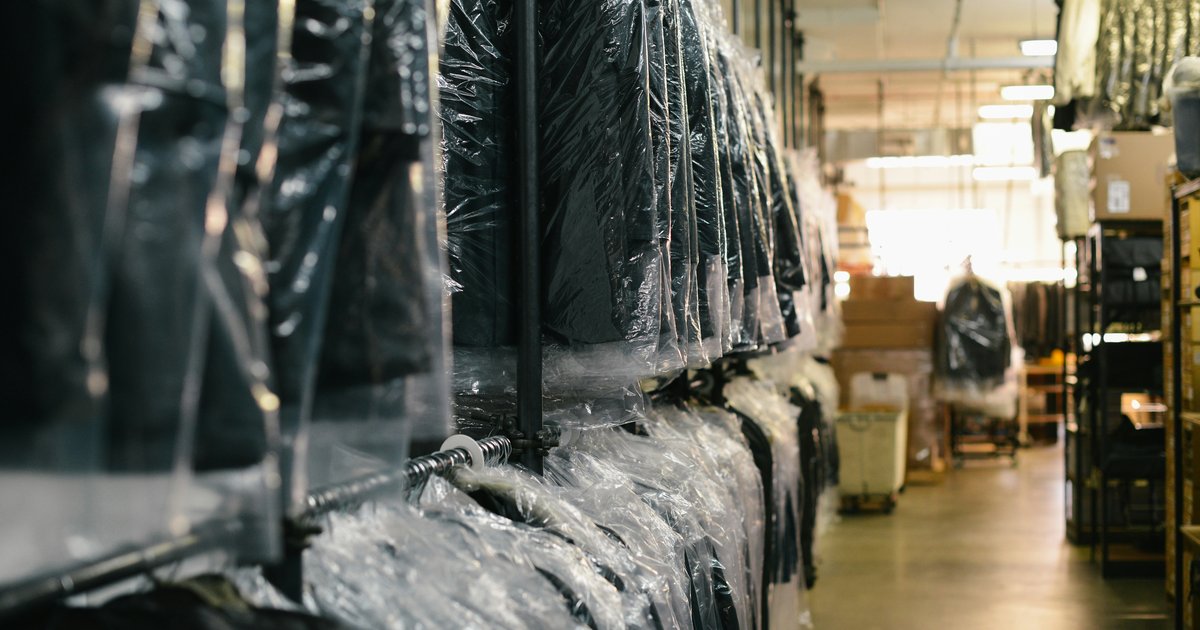Copyright phillyvoice

New research confirms the link between a chemical commonly used in dry cleaning and cancer – although dry cleaners still have nine years to phase it out. Perchloroethylene, also known as perc and PCE, is a colorless liquid chemical used as a solvent in dry cleaning. Manufacturers also use it to degrease metal. The Environmental Protection Agency banned PCE in December due to its toxicity to the nervous and reproductive systems and the fact that it lingers as an environmental pollutant. The International Agency for Research on Cancer has classified PCE as possibly carcinogenic to humans. The study found exposure to PCE can triple the risk of developing severe scar tissue on the liver (liver fibrosis), which can lead to liver cancer, liver failure and death. Among the more than 1,600 adults involved in the study, 7% had detectable levels of PCE in their blood. People in that group were three times more likely to develop liver fibrosis than people with no detectable PCE exposure. Also, the greater the exposure, the higher the risk of liver fibrosis, the study found. The results were consistent after controlling for factors including age, sex, race, ethnicity and education level. "The findings suggest that exposure to PCE may be the reason why one person develops liver disease while someone with the exact same health and demographic profile does not," said Dr. Brian Lee, the study's lead author. But higher income was associated with higher risk of PCE exposure, according to the study. "People with higher incomes may be more likely to use dry cleaning services, which could increase their exposure to PCE," Lee said. "However, people who work in dry cleaning facilities may also face elevated risk due to prolonged, direct exposure to PCE at work." The EPA ban gave dry cleaners a 10-year window to stop using PCE and prohibited its use in commercial products and in many workplaces within three years. It also calls for more stringent workplace safeguards against the chemical in industries that will still be allowed to use it. But the Trump administration is reconsidering the ban, the Washington Post reported. In the meantime, the findings of the recent study could improve patient outcomes, Lee said. "If more people with PCE exposure are screened for liver fibrosis, the disease can be caught earlier and patients may have a better chance of recovering their liver function," Lee said.



